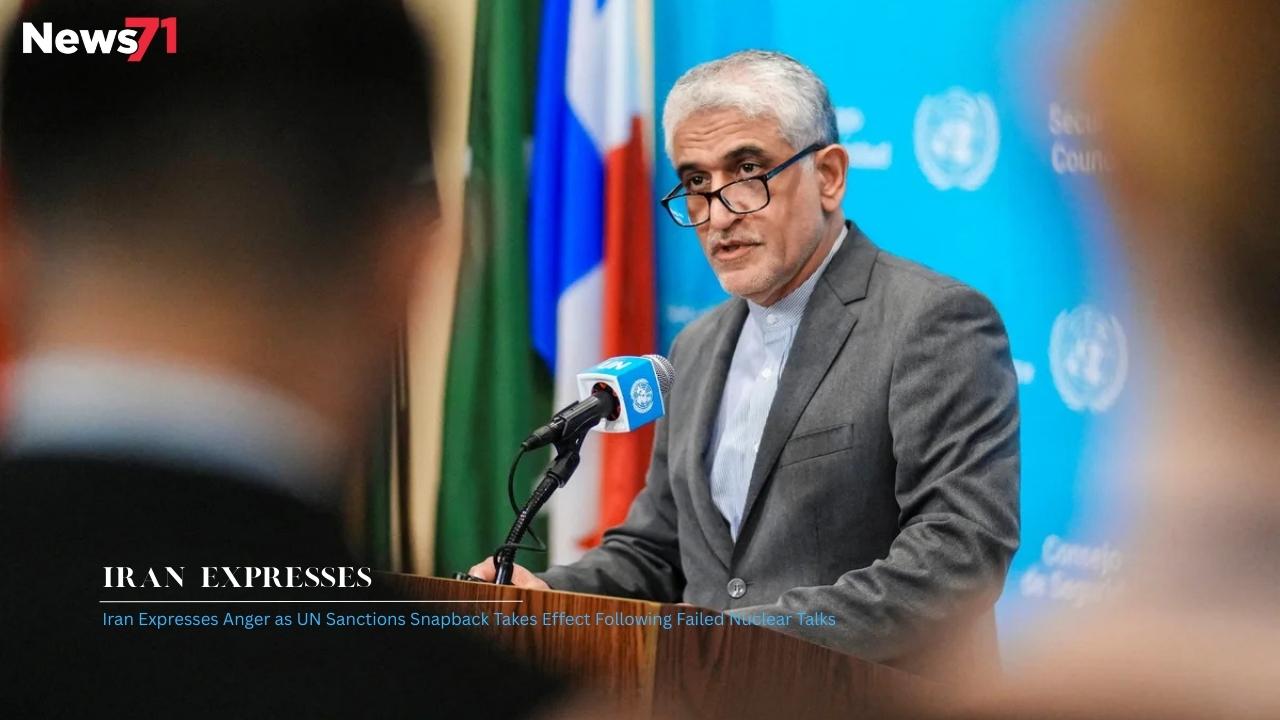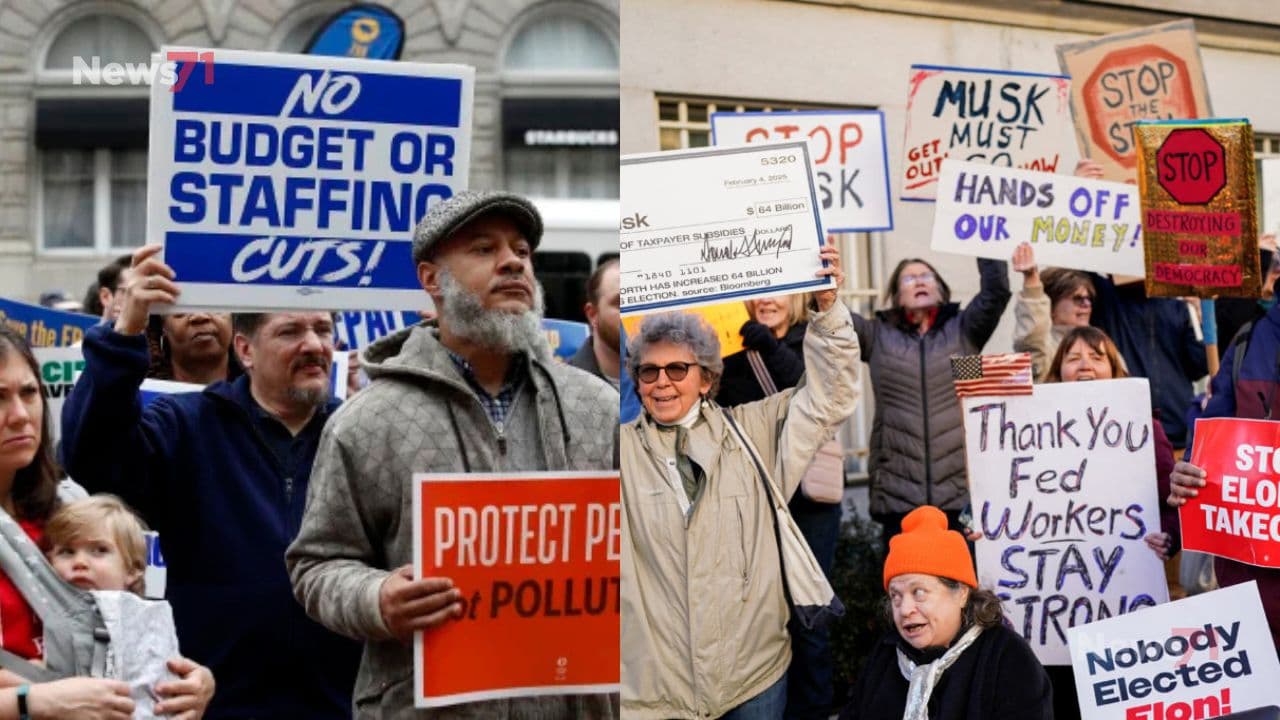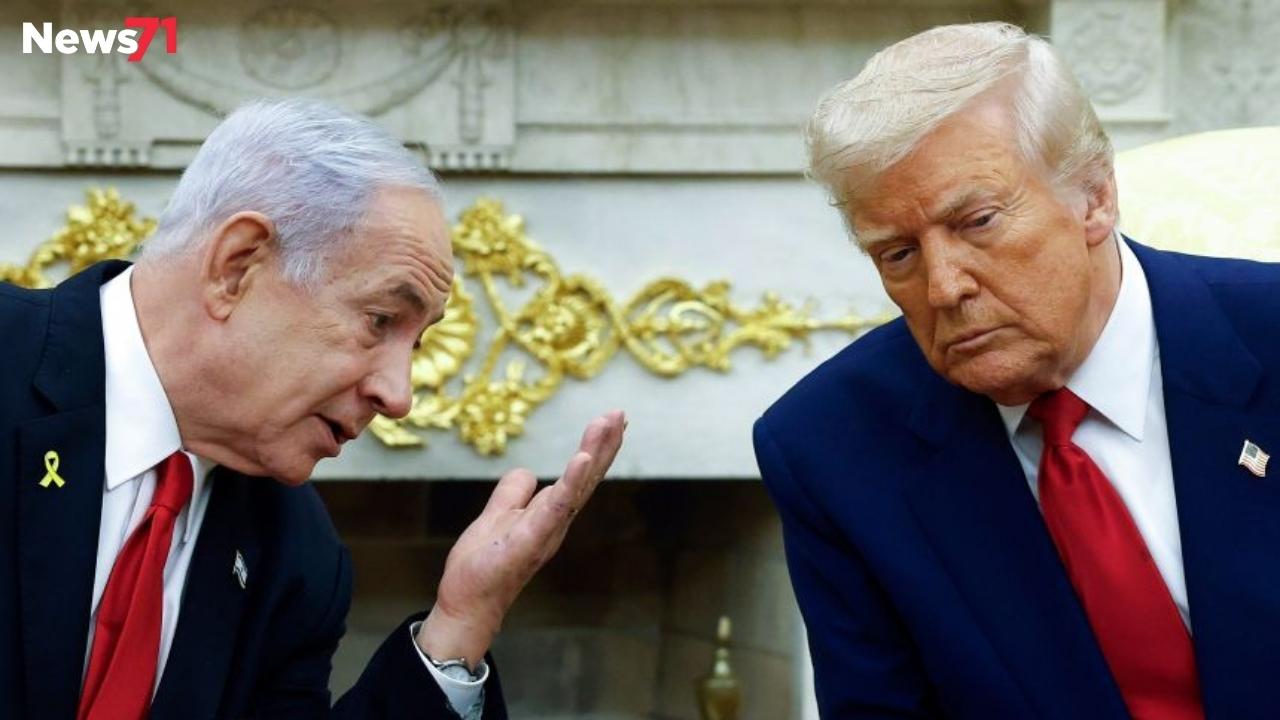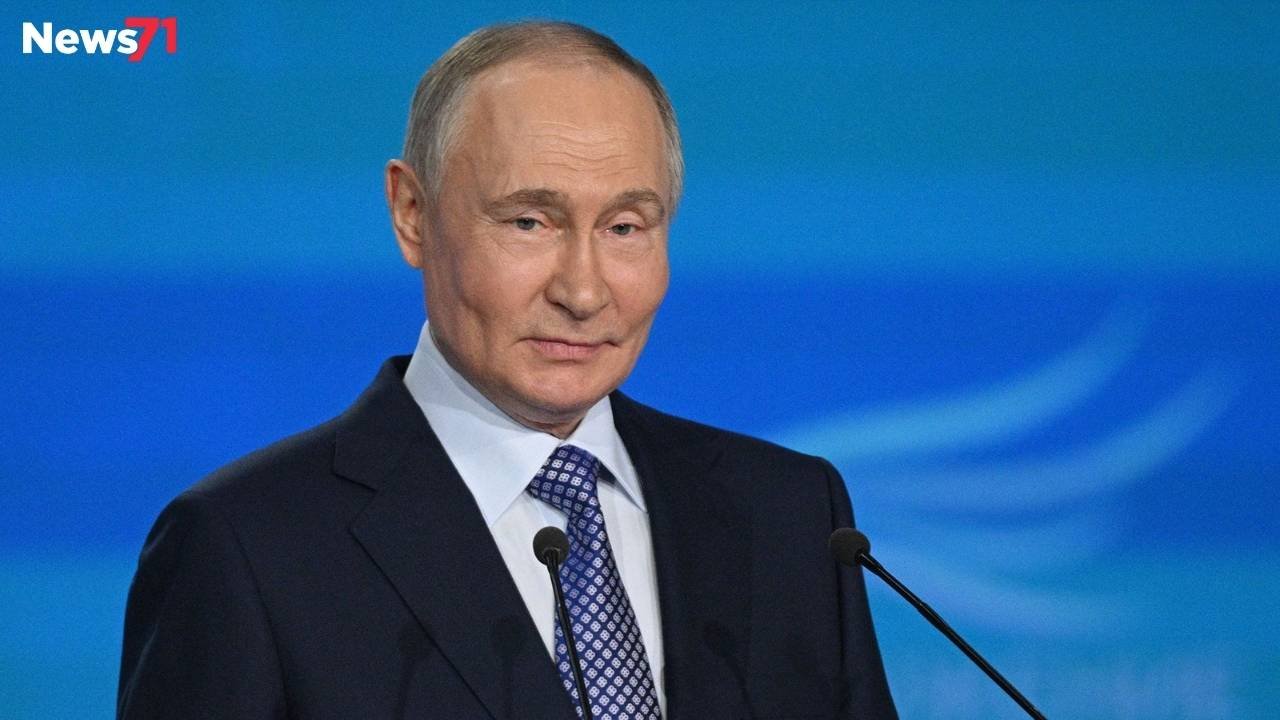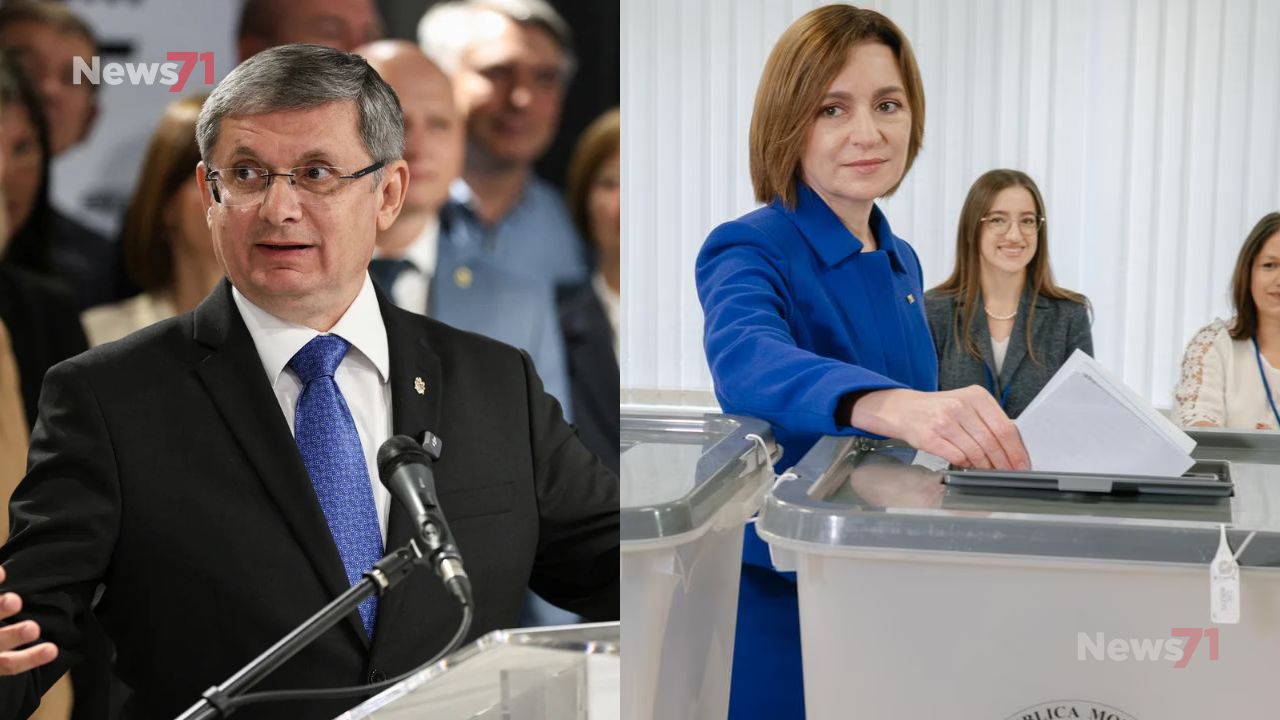Colombian President Gustavo Petro has dismissed the US decision to revoke his visa, accusing Washington of violating international law after he criticized Israel’s war in Gaza. Petro responded on social media, saying, “I no longer have a visa to travel to the United States. I don’t care. I don’t need a visa … because I’m not only a Colombian citizen but a European citizen, and I truly consider myself a free person in the world.” He added that revoking his visa for denouncing genocide shows the US no longer respects international law.
A UN inquiry concluded that Israel’s actions in Gaza amounted to genocide, though Israel denies these claims, stating it is acting in self-defense. Petro spoke at a pro-Palestinian rally outside the UN headquarters in New York during the UN General Assembly, calling for a global armed force to liberate Palestinians and urging US soldiers to “disobey the orders of Trump” and “obey the orders of humanity.”
Colombian President Gustavo Petro
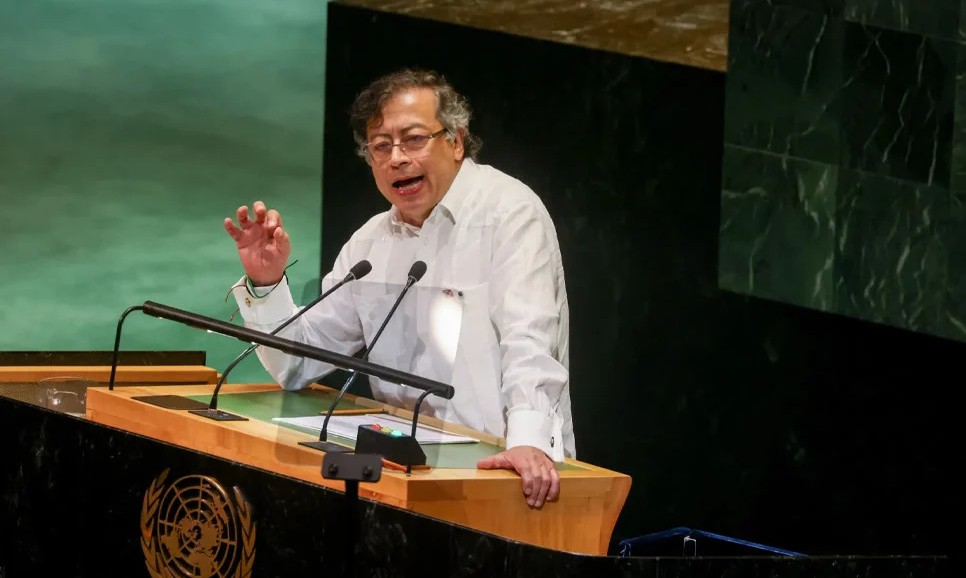
The US State Department announced the visa revocation on X, citing Petro’s “reckless and incendiary actions.” Colombia’s foreign affairs ministry condemned the move, calling visa revocation a misuse of diplomatic tools that conflicts with the UN’s principles of freedom of expression and member state independence during UN events. They suggested that the UN should have a neutral host country able to authorize entry for its members.
Petro is not the first Colombian president to face such action; former president Ernesto Samper’s visa was revoked in 1996 amid drug-related political scandals. Relations between Colombia and the US have deteriorated since Donald Trump’s return to office. Earlier this year, Petro blocked US deportation flights, leading to threats of tariffs and sanctions before a deal was reached. In July, both countries recalled ambassadors after Petro accused US officials of plotting a coup a claim the US denied.
In 2024, Colombian President Petro cut diplomatic ties with Israel and banned Colombian coal exports to the country amid ongoing tensions.

